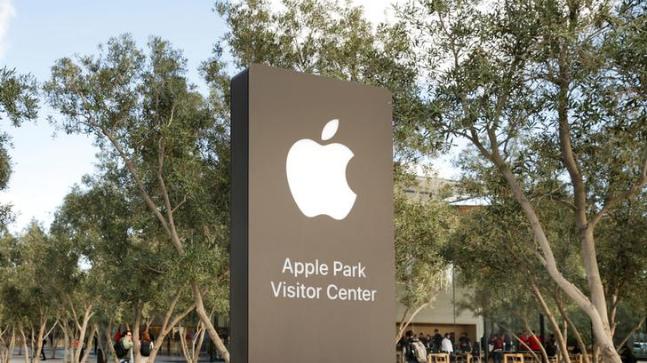Brave and DuckDuckGo help users fight Google tracking
Brave and DuckDuckGo browser developers have unveiled new features that will allow users to bypass tracking from Google.
By the way, if you remember DuckDuckGo devs warn that refuse from third-party cookies does not prevent browser tracking.Brave’s feature, called De-AMP, is designed to bypass Google Accelerated Mobile Pages (AMP) and visit the sites themselves instead of AMP pages.
The company criticized Google AMP, saying that the technology is “bad for privacy” and only helps Google to further monopolize and control the Internet.
De-AMP is already active in Brave Nightly and Beta, will be included in the upcoming version 1.38 for PC and Android, and will be rolling out to iOS shortly thereafter.

By the way, this is not the first battle between the “daring” browser and the tech giant Google, let me remind you that we wrote that Brave have opted out of Google’s FLoC to replace third-party cookies.
Brave engineers also remind that Accelerated Mobile Pages are a non-standard HTML subset developed and promoted by Google.
AMP pages are served from Google servers, even though they look like they come from the original sites. Google says that the goal of the AMP project is to improve the user experience, as well as improve the performance of sites through a combination of preloading, serving pages from Google’s own faster servers, and removing some legacy features.
The Brave team has come up with a whole list of reasons why APM technology can be harmful to users and their privacy:
- First, AMP damages privacy. AMP gives Google an even broader view of what pages people are viewing on the web and how they are interacting with them. AMP encourages developers to better integrate with Google’s servers and systems, penalizing websites with lower search rankings and placements, which allows Google to better track and profile users.
- Secondly, AMP is bad for security. Essentially, AMP confuses users about the site they are interacting with. Users think they are interacting with the original [content] publisher, when in fact they are still under the control of Google. User-respecting browsers protect websites as a security and privacy boundary on the web, and systems like AMP intentionally blur those boundaries.
- Thirdly, AMP contributes to the monopolization of the Internet. AMP encourages serving most of the web from Google servers, under Google’s control, and with arbitrary non-standards. It also allows Google to require pages to be built in a way that benefits Google’s advertising systems. AMP is one of Google’s many strategies to further monopolize the internet and create an internet where users are served by Google, not websites.
- Finally, AMP is bad for performance and user experience. While Google touts AMP as a performance improvement tool, Google is aware that “AMP only improves median performance, and AMP pages may actually load slower than other speed optimization methods” (as shown in documents submitted by Google to the US Department of Justice, page 90). In many cases, AMP is so bad for performance and usability that users are literally paying money not to encounter AMP.”
Shortly after the news, search engine DuckDuckGo announced on Twitter that all of its apps and extensions would also be protected from AMP tracking.





